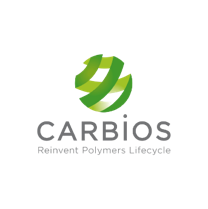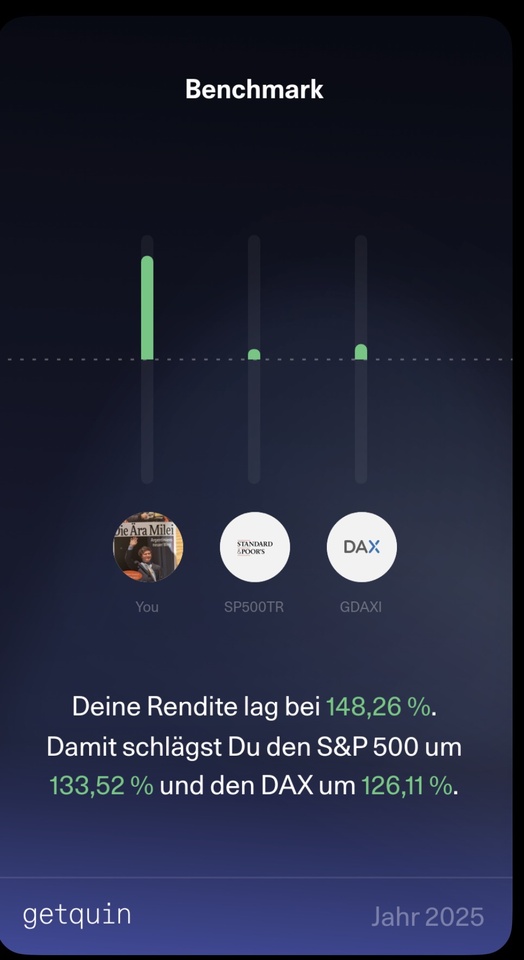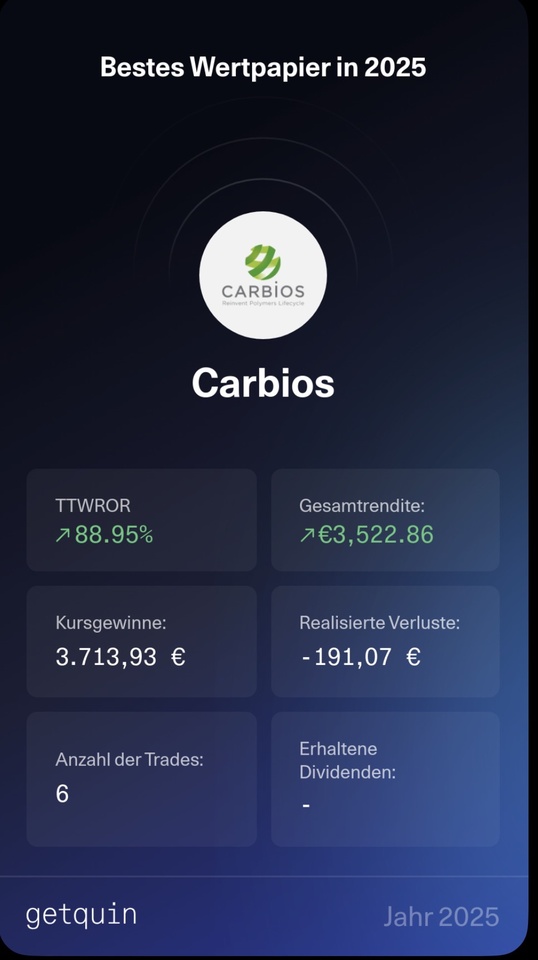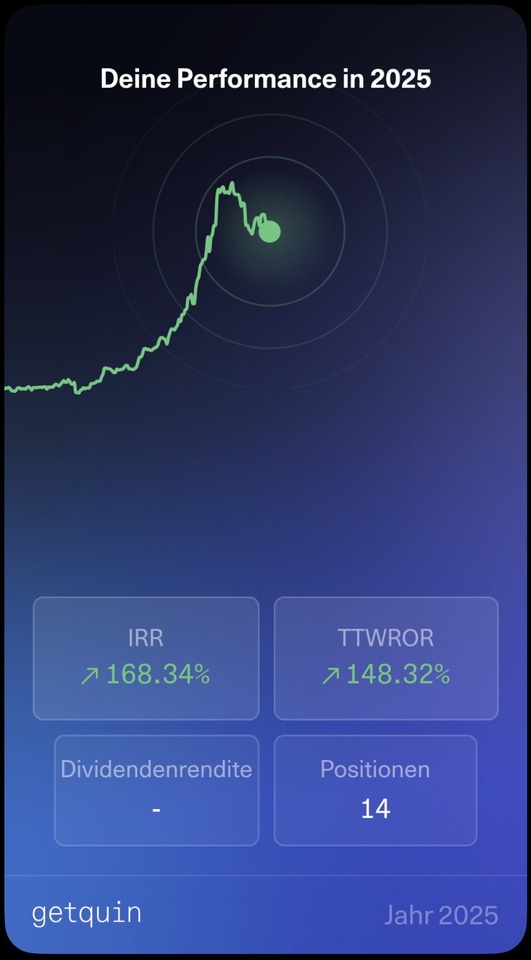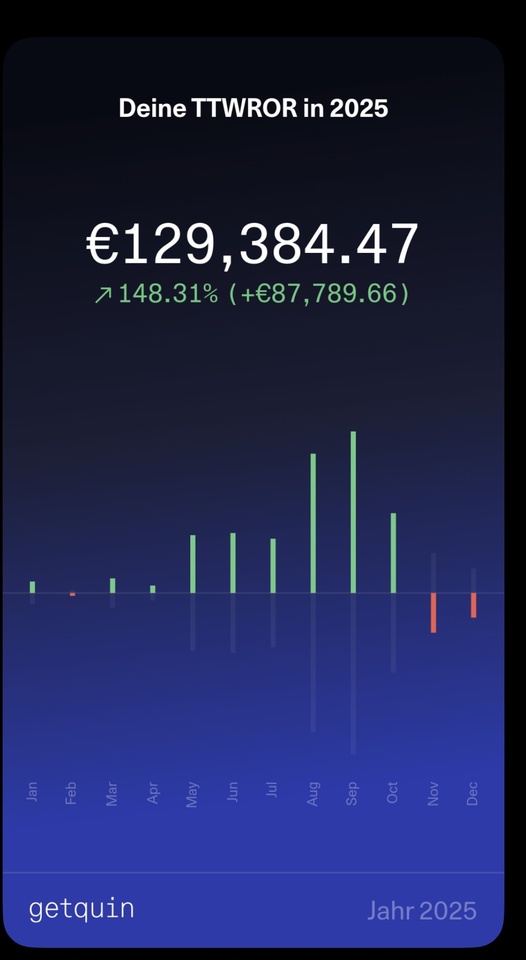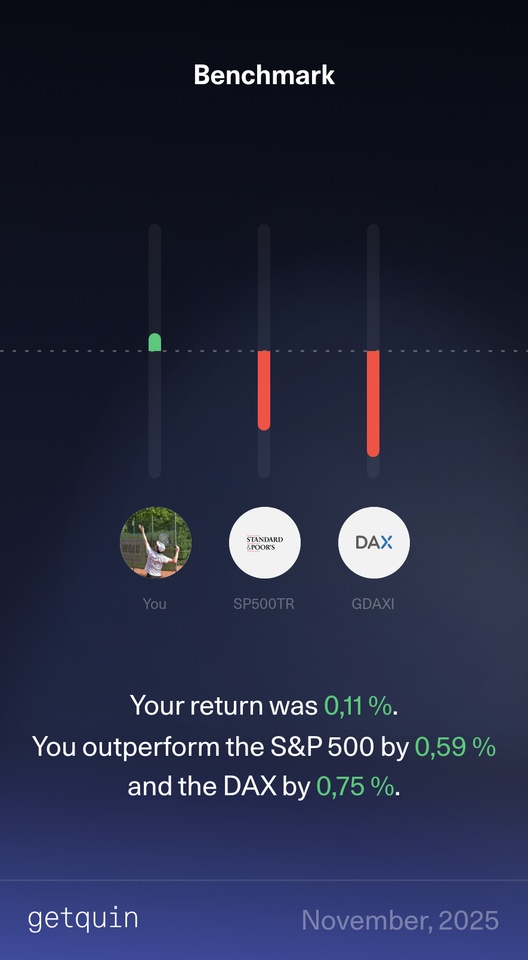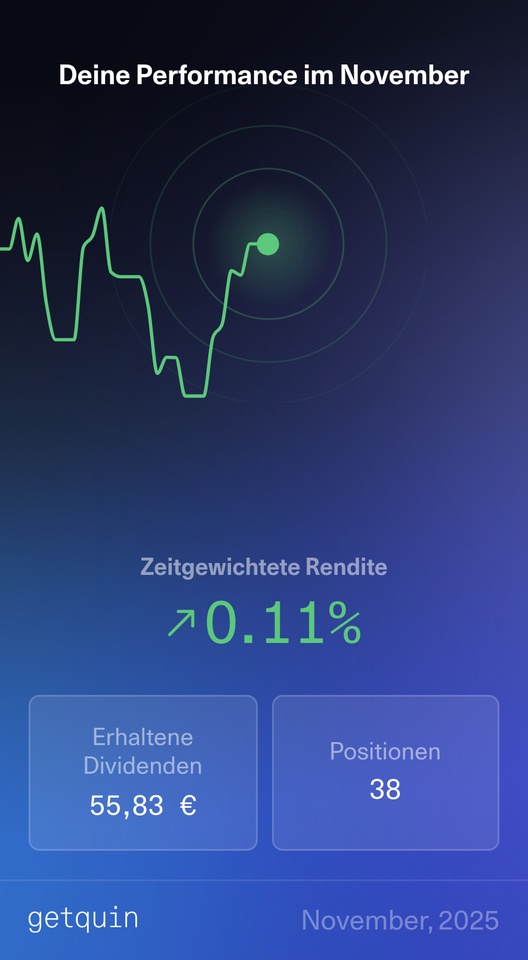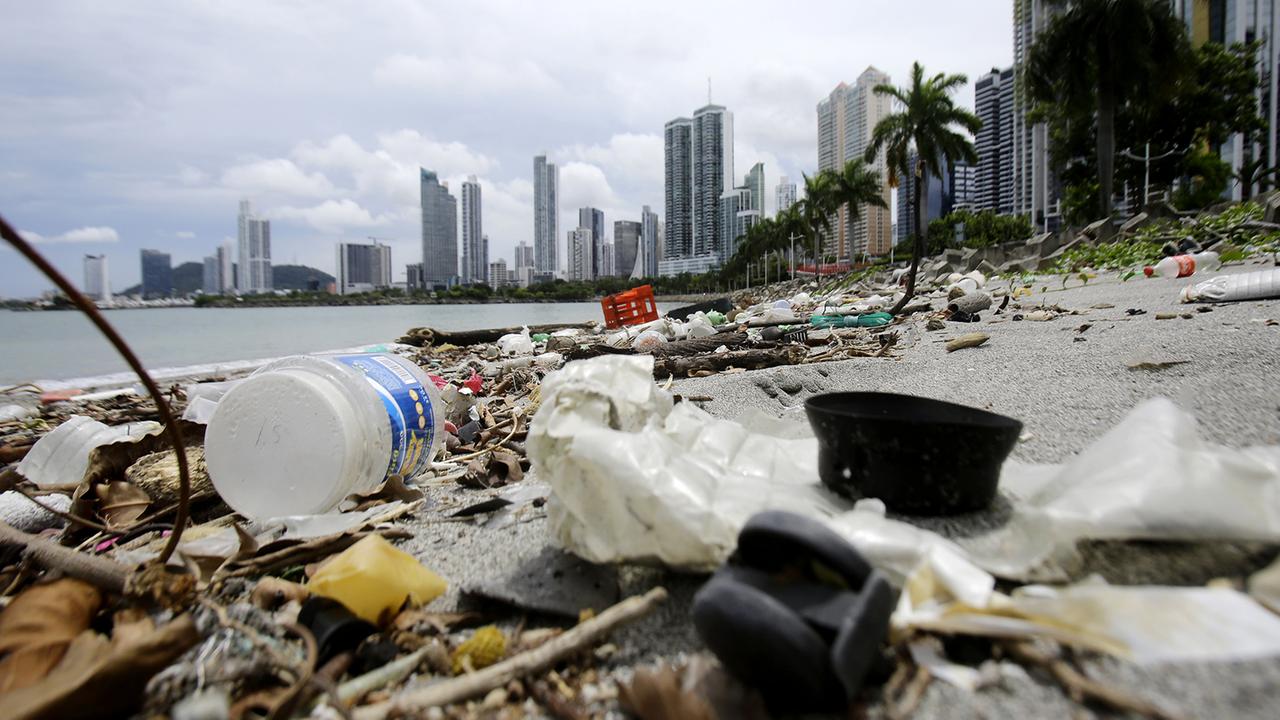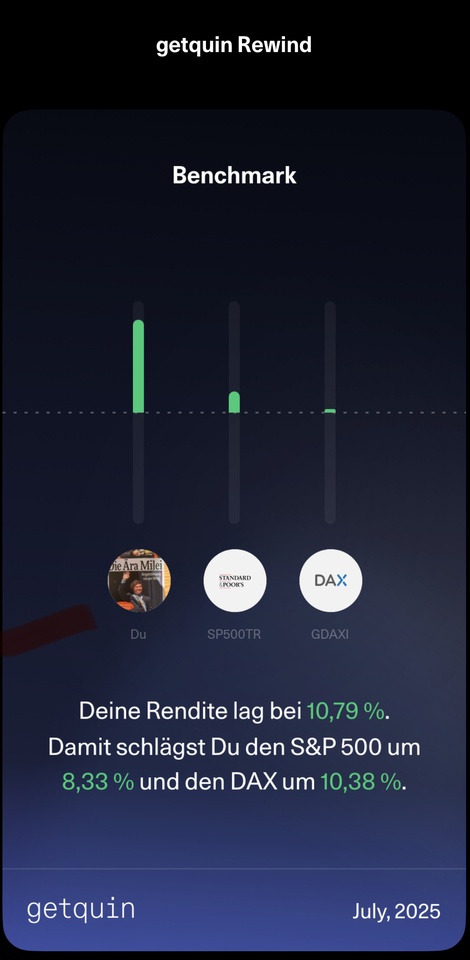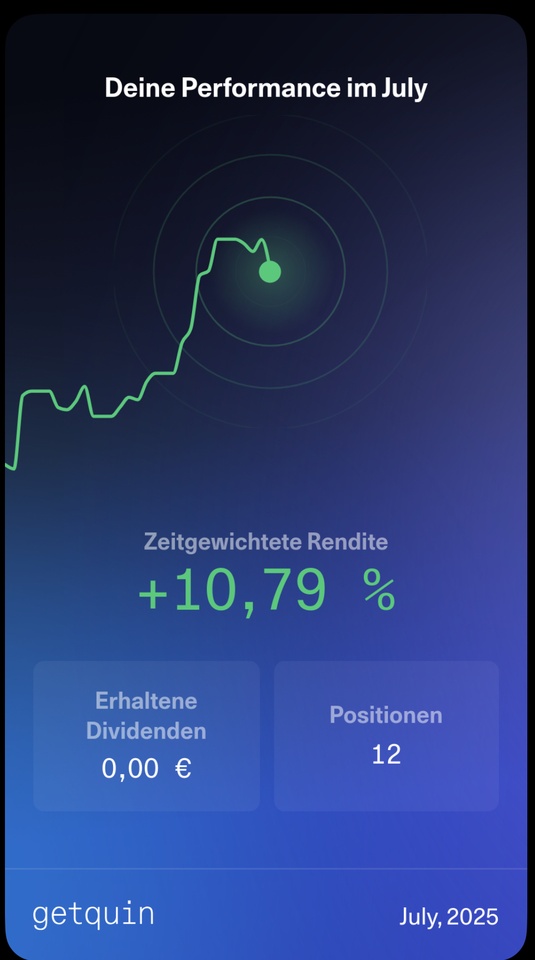Good morning, my dears,
Do you see potential here for $ALCRB (-0,63 %)
Negotiators in Geneva struggled into the evening hours to reach an agreement on a plastic waste treaty. Then the negotiations were adjourned.
The hoped-for agreement on a global treaty against plastic waste is still a long time coming. After three years of negotiations and a ten-day final round in Geneva, the treaty was supposed to be signed and sealed by Thursday evening, but after intensive efforts with a glimmer of hope for a rapprochement, the conference chairman adjourned the meeting of the 180 or so states shortly before midnight. It remains to be seen what time the meeting will continue today.
The aim is to negotiate a legally binding treaty to curb the vast amounts of plastic waste that are destroying ecosystems and endangering human health. The treaty is to cover the entire life cycle of plastic, from production to design and waste management. The dispute over the text is between two groups: Germany and more than 100 other countries want to limit plastic production to a sustainable level, phase out single-use plastics such as cutlery, cups and packaging and focus on reusable products, recycling and the circular economy.Opposing this are countries that have the raw material for the plastic: Oil. These include Saudi Arabia, Iran and Russia. These countries are doing everything they can to prevent production restrictions.
152 million tons of plastic waste in rivers and oceans
Plastic pollutes the seas, environment and air, kills fish and other creatures and endangers human health. According to the Federal Environment Ministry, plastic production has increased sevenfold from the 1970s to 367 million tons per year by 2020 and could reach almost 600 million tons per year by 2050 if no action is taken. Disposable products, including packaging, account for a large proportion of this. According to estimates, 152 million tons of plastic waste have accumulated in rivers and oceans worldwide.
https://www.tagesschau.de/ausland/plastikabkommen-100.html
Recycling: Fighting plastic waste - five stocks to combat the mountains of garbage
https://www.boerse-online.de//nachrichten/aktien/recycling-kampf-dem-plastikmuell-fuenf-aktien-gegen-die-muellberge-20314279.html
